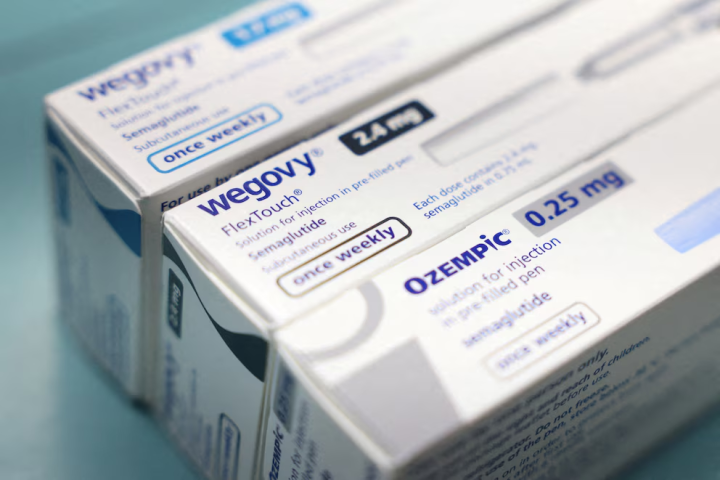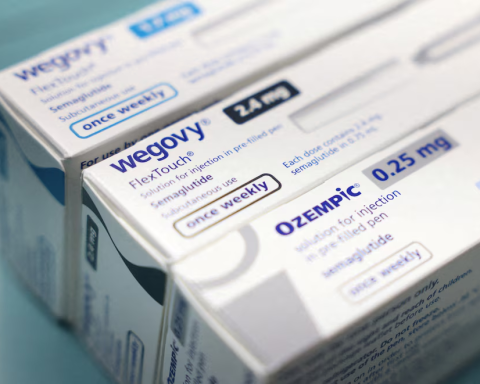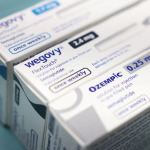MADRID, 20 (EUROPA PRESS)
Nutritionist specializing in women's health, Emma Derbyshire, has pointed out that female athletes require nutrition tailored to the hormonal fluctuations that occur throughout the menstrual cycle, so that their training, performance, and recovery are as minimally affected as possible.
“Thriving in sports depends not only on rigorous training but also on maintaining proper nutrition. For young women, this is even more crucial, as they are in a significant phase of growth and development, with hormonal fluctuations throughout the menstrual cycle. Good nutrition is one that supports performance, recovery, bone strength, immunity, and confidence,” Derbyshire emphasized in a press release provided by the Fruit Juice Science Center.
This is why she has recommended that women consider their menstrual cycle when planning their diet and exercise routines, as during the luteal phase (post-ovulation), progesterone levels increase, which can cause an increase in appetite and caloric needs.
The specialist has advised ensuring an adequate amount of carbohydrates and protein during this stage to help maintain energy levels and reduce the symptoms of PMS.
Other "essential" factors to consider are heat stress and adaptation, as training in high temperatures, as can occur during the summer, can increase the risk of heat-related illnesses such as heat exhaustion or heat stroke.
For this reason, Derbyshire has urged people to eat foods that help cool them down, such as cucumbers, watermelon, and oranges, which also provide hydration and antioxidants.
Regarding post-workout recovery, the expert emphasized the importance of hydration and nutrition, so a combination of fast-digesting carbohydrates, such as banana or honey, with a protein shake is "ideal" for replenishing glycogen stores and promoting muscle recovery. Additionally, adding a pinch of salt to your post-workout meal can help with electrolyte balance.
FIVE FOODS TO RECOVER WITHOUT THE NEED FOR SUPPLEMENTS
Derbyshire has also recommended five foods that can help women recover effectively without the need for extra supplements, such as orange juice, which is rich in vitamin C and also improves the absorption of iron, which is essential for a woman's energy.
"Fortified versions provide vitamin D and calcium to strengthen bones and support immunity. Its hydrating properties make it ideal after exercise," he added.
She also highlighted that green leafy vegetables, such as spinach, kale, and arugula, are packed with iron and folic acid, which helps produce red blood cells and replenish energy.
Greek yogurt is another food to consider because it's a protein-rich option that's "perfect" for both muscle repair and calcium and vitamin D, supporting bone health and recovery.
Other notable foods include lentils and chickpeas, which are plant-based sources of iron, protein, and folic acid, ideal for improving strength and endurance.
Finally, he recommended hydrating with electrolytes through products like coconut water, which helps restore mineral balance, reduce muscle cramps, and speed recovery after intense activity.
"Key nutrients like iron, calcium, protein, vitamin D, and folic acid help with energy, bone strength, and muscle repair. Importantly, good nutrition can be simple and affordable: women who participate in elite sports don't need expensive supplements to fuel their bodies and perform at their best," she concluded.






